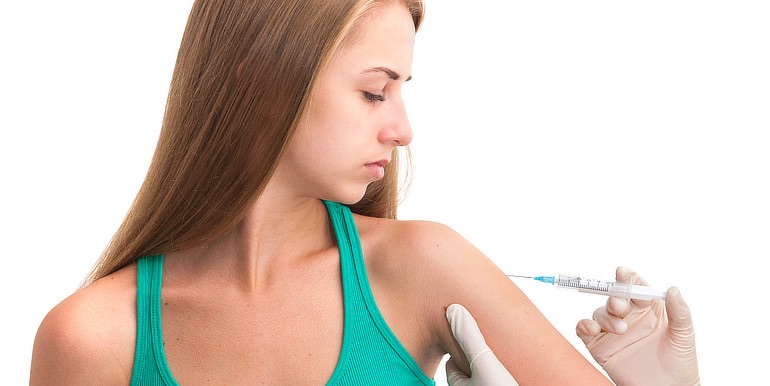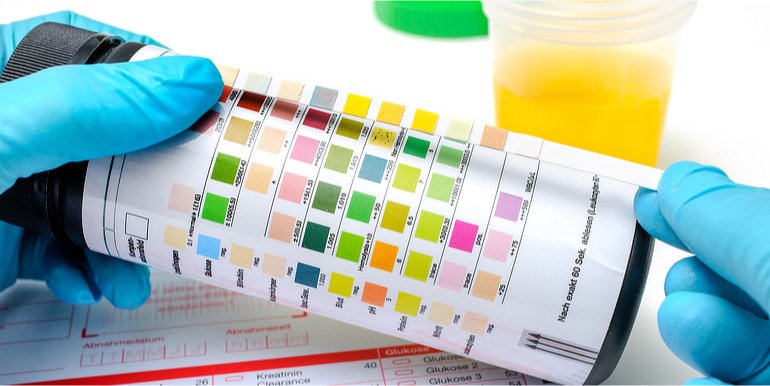Cervical cancer vaccine 'may prevent more cases than initially thought'
16. 07. 2010 | Cancer Research UKThe cervical cancer vaccine could prevent even more cases of the disease in England than previously thought, UK scientists have found [1].
Image credit: depositphotos.com
A study by scientists at the Health Protection Agency (HPA), the University of Manchester and the Manchester Royal Infirmary suggests that the vaccine could potentially reduce the number of cases each year from about 3,000 to less than 700.
Previous studies had suggested that about 70 per cent of cases of cervical cancer are caused by types 16 or 18 of the human papillomavirus (HPV) - against which the current cervical cancer vaccine provides protection.
But the latest study, published in the British Journal of Cancer, indicates that these two strains of the virus actually cause between 73 per cent and 77 per cent of cervical cancer cases.
In line with other findings, this research also suggests that vaccination may provide some protection against other similar HPV types, potentially preventing a further three to four per cent of cervical cancers (another 90 to 120 cases per year).
The research looked at the types of HPV that were present in more than 6,000 samples from women of different ages with different stages of cervical disease, and from women with no cell changes in their cervix.
The findings will enable the HPA to provide better estimates of the expected impact of the HPV immunisation programme for secondary school girls.
HPA epidemiologist Dr Kate Soldan, who was involved in the research, said: "This study looked at the different strains of HPV that women have, across England and across all ages and grades of cervical disease.
"We've found that, if vaccine uptake is good, the HPV vaccine should prevent the majority of cases of cervical cancer in this country.
"Because the vaccine is given to teenage girls and cervical cancer affects adult women, it will be some years before we see the actual impact of immunisation, but we do expect to start seeing these effects in coming years, as vaccinated girls become adults."
Jessica Harris, Cancer Research UK's health information officer, said, "The HPV vaccination programme provides a great opportunity to prevent cervical cancer from developing in the first place. And as this study shows that more cervical cancers are linked to the two types of HPV targeted by the vaccine, the potential for prevention is even greater.
"We hope that as many girls as possible will be vaccinated, but even if you have been vaccinated, cervical screening is still important to pick up any cervical changes caused by other HPV types."
Reference
- Howell-Jones R, Bailey A, et al. Multi-site study of HPV type-specific prevalence in women with cervical cancer, intraepithelial neoplasia and normal cytology, in England. British Journal of Cancer 2010. doi: 10.1038/sj.bjc.6605747
klíčová slova: HPV vaccine, cervical cancer




